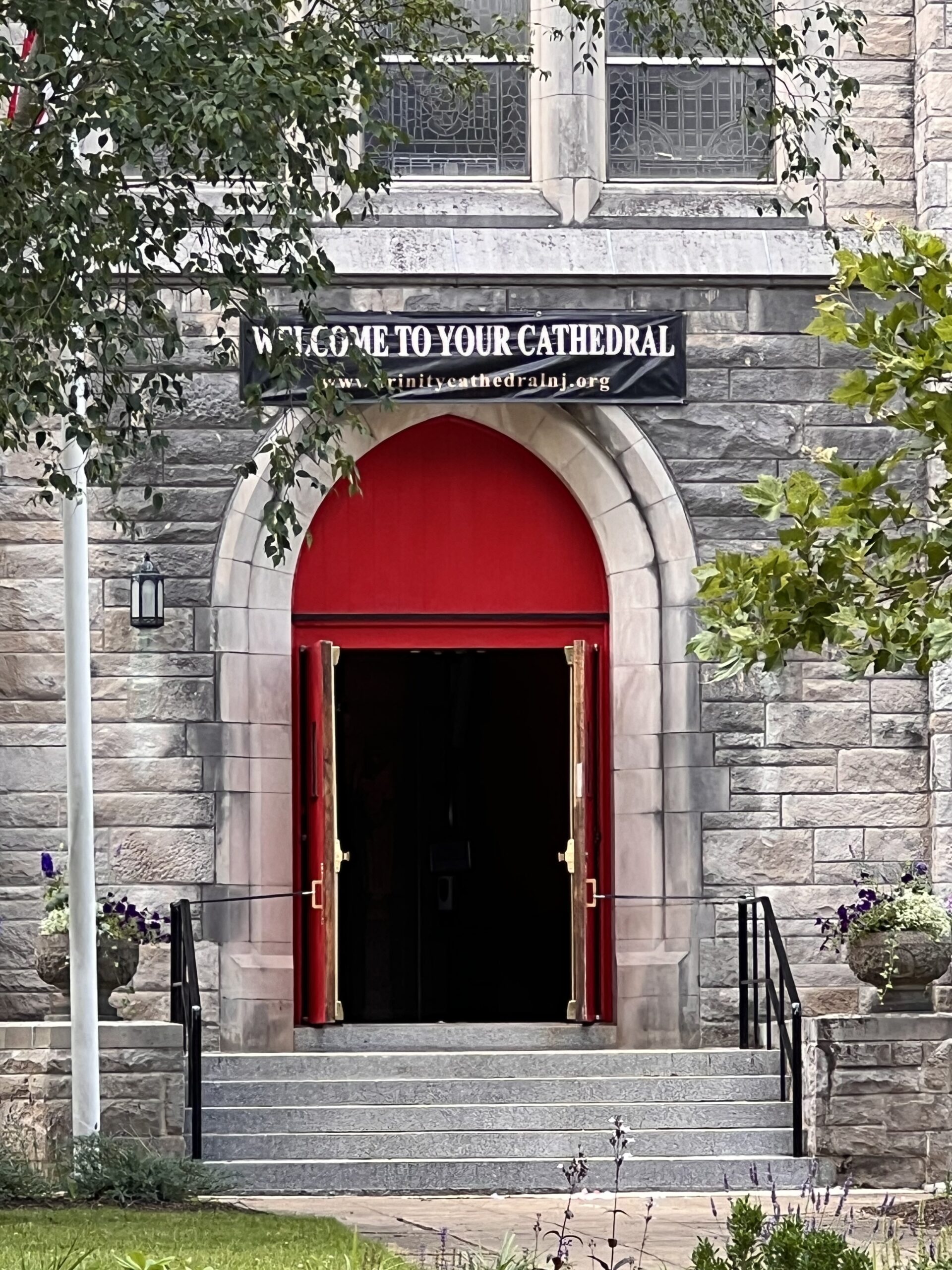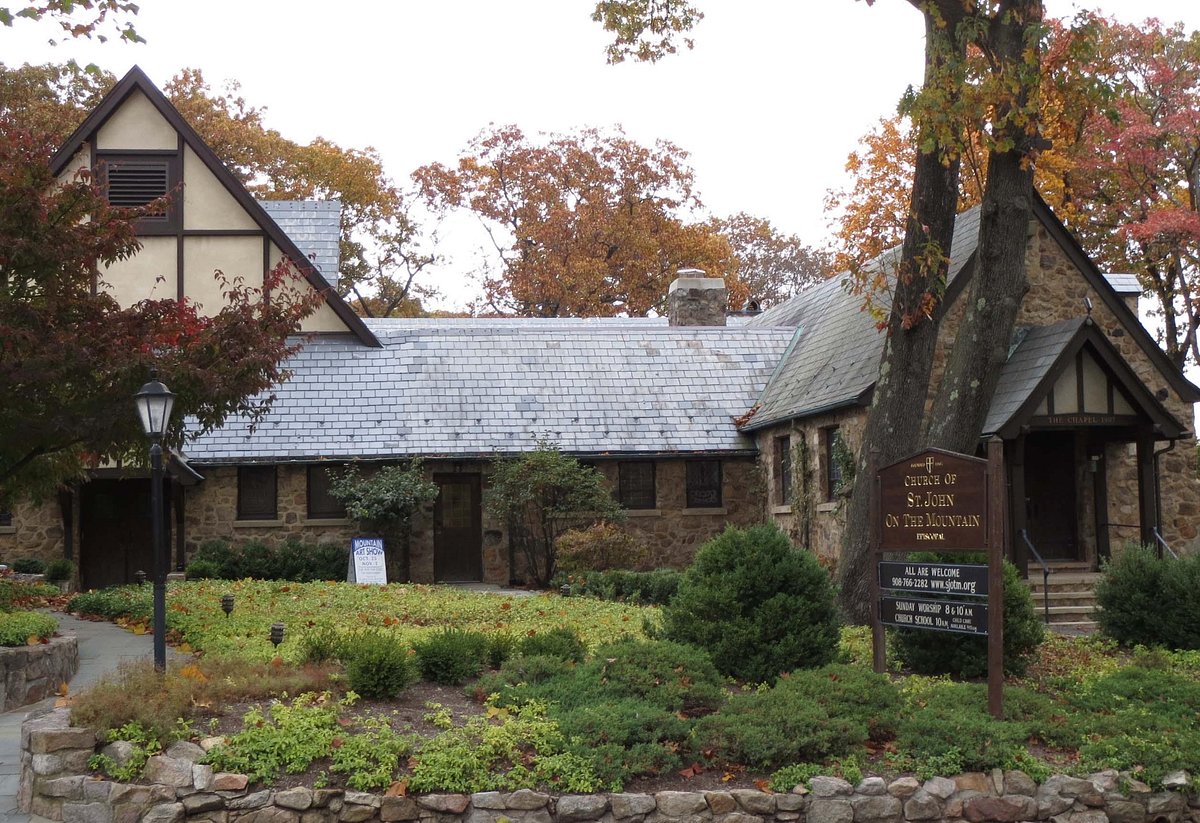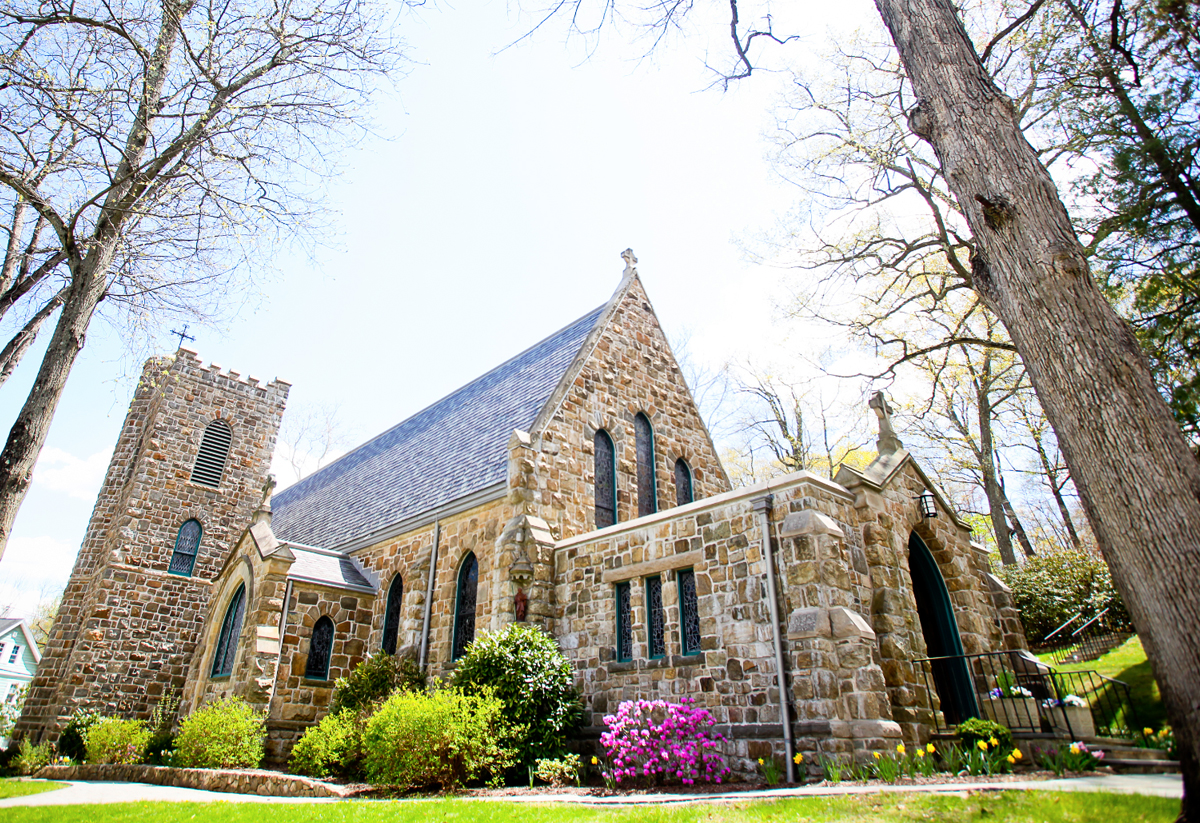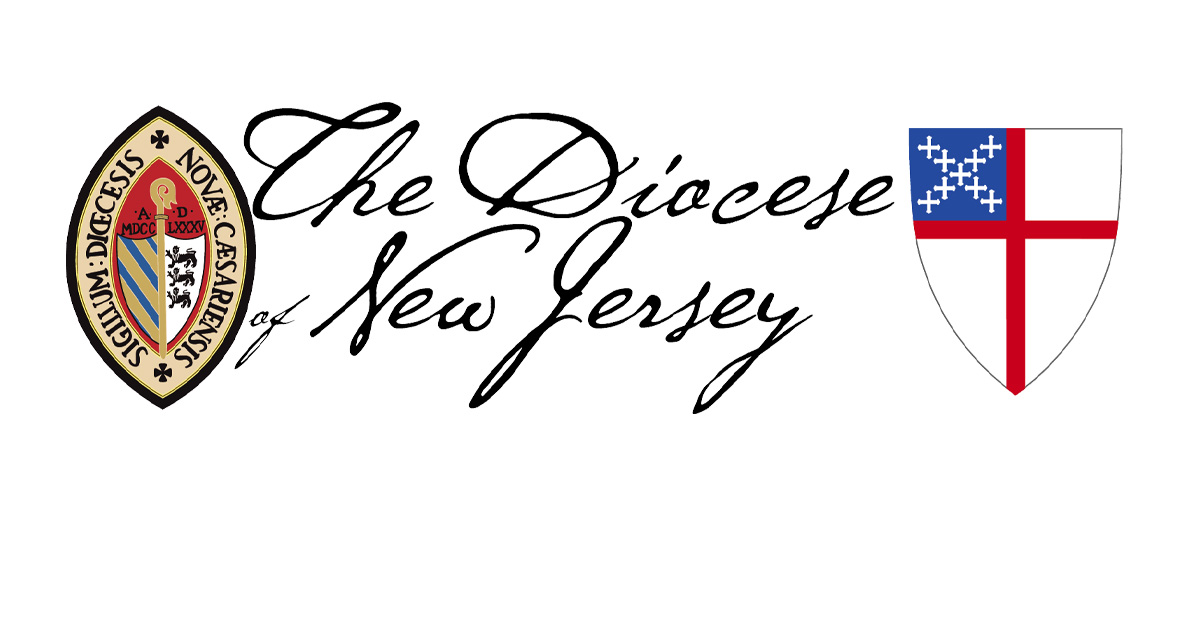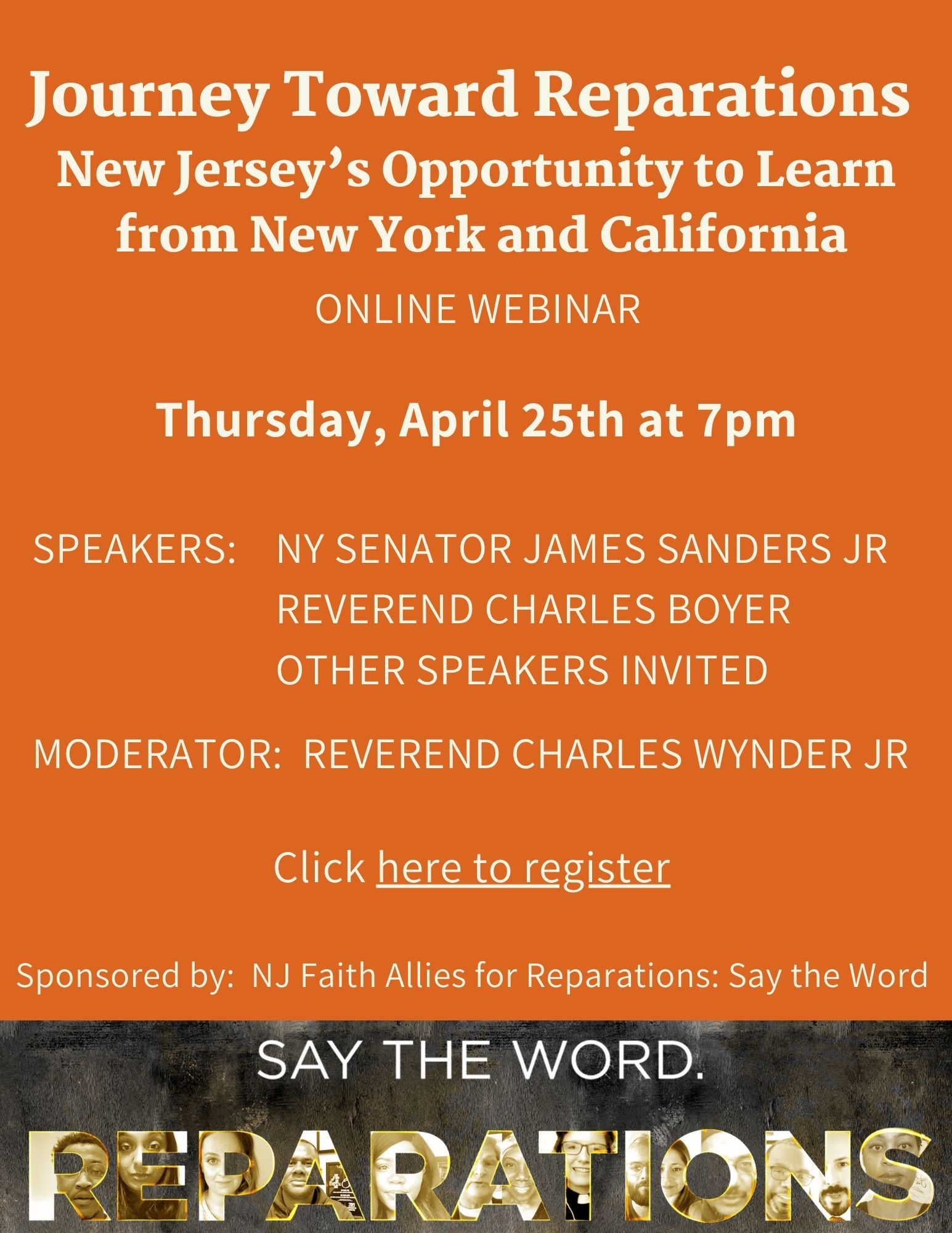BY-LAWS
OF
[short name of parish, including municipality]
PREAMBLE
Governed by [describe certificate of incorporation], this parish accedes to the constitution, canons, discipline, and worship of The Episcopal Church and to the constitution and canons of the Diocese of New Jersey and acknowledges their authority. The parish is to be managed by a vestry composed of the rector, two wardens [each serving a two-year term in rotation], and [three, six, nine, or twelve] vestrymembers, one-third of which are elected each year for three-year terms.
ARTICLE 1. NAME AND CORPORATE SEAL
Section 1.1 Legal name. The full corporate name of the parish is “[full name of parish corporation from certificate of incorporation]”. Parish agreements must be signed by the rector or both wardens, sealed, and attested by the clerk of the vestry, using the full corporate name of the parish.
Section 1.2. Informal names. In correspondence, press releases, and other similar uses, the parish may use shortened forms of its name such as “[name] Church,” “[name] Episcopal Church,” and the like.
Section 1.3. Seal. The vestry authorizes a corporate seal for sealing documents. The seal must bear the full corporate name, the words “Corporate Seal,” and the year “[year of incorporation]”. The seal must be kept at the parish offices in the custody of the clerk of the vestry.
ARTICLE 2. OFFICE AND RECORDS
Section 2.1. Parish office. The parish office is located at [street address and municipality of parish office].
Section 2.2. Parish records. Record books, minutes, deeds, documents, and other papers and records belonging to the parish must be kept at the parish office or such other place as the vestry may authorize. Upon request to the clerk of the vestry, any parishioner may have access to such documents, except for personal correspondence files of the parish staff and any privileged matters. The clerk of the vestry will assist persons in gaining access to archives held outside parish offices.
Section 2.3 Financial records. Parish financial records must be kept in accordance with requirements set by the diocese. Parish accounts must be audited annually by an independent Certified Public Accountant or as otherwise permitted by canon. The fiscal year begins on the first day of January in each year. Pledges are privileged matters.
ARTICLE 3. PARISH MEMBERSHIP
Section 3.1. Parishioners eligible to vote. In order to be eligible to vote at parish meetings, members of the parish must be:
- (a) baptized,
- (b) at least sixteen years old,
- (c) of good moral character,
- (d) adherents to The Episcopal Church and to no other religious body,
- (e) regular attendants at church services in the parish (i.e., more frequently present than absent unless for good cause prevented),
- (f) regular contributors to the current expenses of the parish for the preceding six months, and
- (g) confirmed in or otherwise received into the parish in accordance with canon before the day of the meeting.
Parishioners not eligible to vote may attend and speak at parish meetings in accordance with the rules for the meeting.
Section 3.2. List of voting members. The rector and wardens must keep a list of parishioners eligible to vote. This list is open to inspection by any parishioner.
ARTICLE 4. PARISH MEETINGS
Section 4.1. Time and place of annual meeting. Annual meetings of the members of the parish are held in the Church on [date specified in certificate of incorporation, or certificate of incorporation as amended], or at such other place in the [municipality] as may be specified in the notice of the meeting.
Section 4.2. Notice of annual meeting. Notice of the time and place of the annual parish meeting must be given
- (a) by written notice posted on all doors to the Church for at least ten days prior to the date scheduled for the meeting, and
- (b) by oral notice given by the officiating minister during services on the two Sundays before the day scheduled for the meeting.
The vestry may provide by resolution for further notice.
Section 4.3. Special meetings. Special meetings of the members of the parish for any purpose may be called by the rector (or if the rectorship is vacant by either warden) at any time, upon the same notice as specified in Section 4.2 of these By-Laws. The meeting is held at the time and in the place within the [municipality] specified in the notice. The notice must specify the object for which the meeting is called, and no nonprocedural vote may be taken upon any matter not specified in the notice. The rector must notice a special meeting upon the written request of a majority of the vestrymembers or upon the written request of ten percent of the parishioners eligible to vote. If the rector fails to act within a week of such request, one or both wardens must notice the special meeting.
Section 4.4. Chair and secretary of parish meetings. Any annual or special parish meeting is chaired by
- (a) the rector or
- (b) if the rector is absent or if there is no rector in office, one of the wardens selected by the meeting or
- (c) if no warden is present, one of the vestrymembers selected by the meeting or
- (d) if no vestrymember is present, any parishioner eligible to vote selected by the meeting.
The clerk of the vestry, or any other parishioner eligible to vote appointed by the chair, is the secretary of the meeting and enters the proceedings in the minute book of the vestry and signs the minutes together with the chair.
Section 4.5. Quorum. Three parishioners eligible to vote constitute a quorum for the transaction of business.
Section 4.6. Agenda at annual meetings. The order of business at each annual parish meeting is:
- (a) Opening prayer
- (b) Call to order, determination of quorum, selection of chair, and appointment of secretary and tellers
- (c) Approval of minutes
- (d) [Report of Nominating Committee,] distribution of ballots, and nominations from the floor for (i) one of the two wardens (after election, referred to as the “Senior Warden”), (ii) the [one, two, three, or four] vestrymembers to be elected, (iii) three deputies to the Diocesan Convention, (iv) three alternate deputies to the Diocesan Convention, (v) six delegates to the [name of convocation] Convocation of the Diocese, and (vi) any other officers necessary or appropriate
- (e) Closing of nominations and presentation of nominees for the vestry
- (f) Opening of the polls (the polls to remain open for at least one-half hour upon each ballot)
- (g) Treasurer’s report
- (h) Budget report
- (i) Other business
- (j) Adjournment and closing prayer.
Section 4.7. Method of voting and election.
- (a) The chair of the meeting may vote.
- (b) Elections at any parish meeting (other than a selection of the chair of the meeting) are by secret ballot. No other votes at any parish meeting may be by secret written ballot. No cumulative voting or voting by proxy is allowed. The vestry may by resolution provide for absentee ballots for parishioners unable to attend a meeting.
- (c) Notwithstanding the provisions of Section 4.7(b), a motion may be made to have the secretary of the meeting cast a unanimous vote for the candidates of any ballot section that is uncontested, after nominations from the floor are closed.
- (d) If the required number of officers is not elected upon the first ballot by a majority of the votes cast, one or more further ballots are taken until a majority is achieved. On each such further ballot, the name of the candidate receiving the fewest votes on the preceding ballot is deleted.
- (e) After all balloting has been completed, the results as announced are final, the persons so elected assume their offices upon the adjournment of the meeting, and all ballots are destroyed.
- (f) The chair of the meeting is the judge of the qualifications of the voters, receives the vote, and declares the result.
Section 4.8. Tellers. The chair appoints three or more tellers to act at any parish meeting. Each teller must act with strict impartiality. The tellers receive all votes and ballots, count and tabulate all votes and ballots, determine the result, and do anything else necessary to conduct the election or vote with fairness to all parishioners. The tellers must make a report in writing of any matter determined by them.
Section 4.9. Qualifications for certain offices. Only parishioners eligible to vote who are communicants (having received Holy Communion in or from the parish at least three times during the previous twelve months) may serve as warden or as deputy to the diocesan convention.
[Section 4.10. Nominating committee and other nominations.
- (a) At each [October] vestry meeting, the rector must appoint a parliamentarian and an annual meeting committee of [five] parishioners eligible to vote and must post the names of the committee members on the church premises. The parliamentarian advises the committee as to compliance with the requirements of this section and serves until a successor is appointed. Members of the committee serve through the annual meeting.
- (b) Nomination forms must be made available in the church for parishioners. Forms must allow for self-nomination but may not otherwise require the consent of the nominee. Nominations for any office to be filled at the meeting may be submitted in writing to the committee (care of the parish office) by any parishioner eligible to vote, up until four weeks prior to the date scheduled for the meeting.
- (c) Where an unexpired term is to be filled by election, the unexpired term is to be treated as a separate office for purposes of nominations and voting.
- (d) If the committee receives insufficient nominations to complete the number of officers to be elected, it must make additional nominations in order to present at least a complete slate to the meeting. The committee must verify the qualifications and willingness to serve of all nominees and must post a list of the nominees on the church premises at least one week prior to the date scheduled for the meeting.
- (e) Additional nominations may be made from the floor of the meeting by any parishioner eligible to vote. Such nominees must be present at the meeting and must certify their willingness to serve if elected.]
ARTICLE 5. THE RECTOR
Section 5.1. General duties and responsibilities of the rector. The rector has exclusive charge of the worship and of all things affecting the spiritual interests of the parish, subject to the Rubrics of the Book of Common Prayer, the canons of the Church, and the godly counsel of the bishop. It is the rector’s duty to give orders concerning the worship of the church, together with all that appertains thereto. The rector is at all times entitled to access to the church for purposes of worship, religious instruction, and other purposes authorized by the Church. The rector has spiritual direction and control of all Christian education, parish schools, and other educational and charitable associations connected with the parish, and if present presides with right to vote at all parish and vestry meetings. The vestry may take no action (a) affecting the personal rights of the rector, or (b) relating to the sale or other transfer of church investments, or (c) relating to selling or mortgaging real estate owned by the church, unless the rector is present at the meeting. The rector must enter into a letter of agreement with the parish vestry setting forth mutual responsibilities, subject to the approval of the bishop.
Section 5.2. Employees of the Parish. The rector has final authority to employ or discharge any employee of the parish, provided that the vestry has sole authority to determine salary or any other compensation of employees.
Section 5.3. Vacancy of rectorship.
- (a) Upon the death, resignation, or removal of the rector, the wardens must immediately give notice of the vacancy of the rectorship to the bishop.
- (b) While the rectorship is vacant, the vestry may with the consent of the bishop contract for services of an interim or a priest-in-charge, with such tenure, duties, privileges, and responsibilities as the contract may specify. Unless such contract specifies otherwise, any acts specified in these by-laws to be done by the rector will be done instead by the wardens jointly.
- (c) While the rectorship is vacant, no priest may officiate at regular services of the church without the consent of the bishop.
- (d) No vestry vote may be held upon the election of a new rector unless (i) the candidate is recommended by the bishop to the parish or (ii) the bishop otherwise approves the candidate upon sixty days’ notice prior to the vote. An election of a new rector must be by two-thirds vote of the vestry. Upon such election, the wardens must immediately send written notice thereof to the bishop.
ARTICLE 6. ASSISTANT CLERGY
Section 6.1. Appointment of assistant priests. The vestry may employ one or more assistant priests to serve upon such terms as the vestry may specify and otherwise under the direction of the rector. No vestry vote may be held upon the appointment of any assistant priest unless the bishop has approved the candidate upon sixty days’ notice prior to the vote. An assistant priest must be selected by the rector and approved by a majority vote of the vestry. Any assistant priest must enter into a letter of agreement with the parish vestry setting forth mutual responsibilities, subject to the approval of the bishop.
Section 6.2. Term of office of assistant priest. Unless originally appointed to serve for a shorter term, any assistant priest serves at the discretion of the rector and may not serve beyond the period of service of the rector; provided, that when the rectorship is vacant, the wardens and vestrymembers may reappoint any assistant priest pending the call of a new rector, upon terms agreed to by the vestry and the bishop. In addition, an assistant may continue to serve at the request of a new rector, with a new letter of agreement.
Section 6.3. Assignment of deacons. The bishop may assign one or more deacons to the parish to act under the authority of the rector in matters concerning the congregation, but deacons by their office serve directly under the authority of and are accountable to the bishop. Deacons can fill staff positions in the parish under the rector but may not be members of the vestry. Every deacon must enter into a letter of agreement with the vestry setting forth mutual responsibilities, subject to the approval of the bishop; the letter of agreement is subject to renegotion if the rectorship becomes vacant.
ARTICLE 7. WARDENS AND VESTRYMEMBERS
Section 7.1. General duties and responsibilities of wardens and vestrymembers. The wardens and vestrymembers provide leadership in the parish, ensure that parish funds are expended properly, elect the rector, and provide for the rector’s maintenance. The wardens and vestrymembers, under the rector, protect church property and provide for all things needed for the orderly worship of God and for the administration of the Sacraments and Ordinances of the Church. [No parish staff member nor member of a staff member’s household may serve on the vestry, nor shall more than one member of a household or extended family serve on the vestry concurrently.]
Section 7.2. Number and functions of wardens. There are two wardens: the senior warden (serving the second year of a two-year elected term) and the junior warden (serving the first year of the two-year term). [In addition to other duties that may be required by law or by canon, the rector must appoint one warden to serve as administrative chair of the vestry and the other to serve as program chair, each with such duties as may be prescribed by the vestry.] If the rectorship is vacant, or if the rector is absent from any vestry meeting, the vestry shall choose one of the wardens to preside.
Section 7.3. Number and functions of vestrymembers.
- (a) There are [three, six, nine, or twelve] vestrymembers (formerly [and in the corporate name] referred to as “vestrymen”).
- (b) In addition to other duties that may be required by law or by canon, each vestrymember must serve on such committees (as appointed by the rector) and fulfill such other functions as may be prescribed by the vestry. Vestrymembers are expected to attend all regular and special vestry meetings.
- (c) [Any warden or vestrymember is subject to removal from office by vote of the vestry upon a fourth absence from any regular or special meeting within any twelve-month period, regardless of the reason for the absence. The senior warden must give a written warning upon a third absence, may thereafter request the member’s resignation, and upon the fourth absence must move the vestry to consider removal from office.]
Section 7.4. Terms of office of wardens and vestrymembers. Each warden serves for a term of two years from election and may serve no more than [four] successive terms. Each of the [three, six, nine, or twelve] vestrymembers serves for a term of three years from election (or, where elected to fill an unexpired term, until the expiration of the predecessor’s original term of office), with the vestrymembers as a whole serving in rotation, [one, two, three, or four] vestrymembers (one-third) elected each year. No vestrymember who has been elected to a full term is eligible for reelection until the next annual meeting following the expiration of the original term of office. Any former warden or vestrymember may at any time be elected or appointed to fill an unexpired term due to a vacancy on the vestry.
Section 7.5. Regular vestry meetings. Regular vestry meetings are held [monthly in the months of August through June] at a time and place to be determined by the vestry without notice other than announcement at the prior meeting. Meeting dates for regular vestry meetings must be included in the parish calendar, but notices of such meetings need not be sent to members of the vestry. Parishioners may attend and observe regular vestry meetings except when the vestry goes into executive session.
Section 7.6. Special vestry meetings. Special vestry meetings may be called at any time, upon twenty-four hours notice to the rector, both wardens, and all vestrymembers in person or by direct telephone conversation, [or upon five days’ notice to such persons by first-class mail or by email,] by
- (a) the rector, or
- (b) the wardens if there is no rector, or if the rector is absent from the diocese for three calendar months, or is incapable of acting, or if the rector has refused to call the meeting within one week after the receipt of a request signed by a majority of the vestrymembers, or
- (c) a majority of the vestrymembers, in case of failure of the wardens to call the meeting within one week after the receipt of their request.
No business may be transacted at a special meeting unless its subject matter has been described in the notice of meeting. No business may be transacted at vestry retreats unless notice is given as for a special vestry meeting. Parishioners may attend and observe special vestry meetings except when the vestry goes into executive session.
Section 7.7. Quorum. At any regular or special meeting of the vestry, a quorum consists of:
- (a) The rector, one of the wardens, and a majority of the vestrymembers currently in office of
- (b) The rector, both wardens, and one less than a majority of the vestrymembers currently in office or
- (c) The rector and two-thirds of the vestrymembers currently in office or
- (d) If the rector is absent from the diocese or is incapable of acting and has been so absent or incapable for more than three calendar months, or if the meeting is called by the rector and the rector is absent therefrom, or if the meeting is called by the wardens or vestrymembers and the rector is absent therefrom, one warden and a majority of the vestrymembers currently in office, or both wardens and one less than a majority of the vestrymembers currently in office.
Section 7.8. Powers of vestry. In addition to any other powers that may be provided by law or by canon, the vestry may
- (a) build, maintain, and furnish buildings for parish purposes,
- (b) sue and be sued and otherwise act as a duly constituted corporate entity, under the corporate name of the parish, and
- (c) own, hold, and dispose of any real estate and other property, subject to such restrictions on use and disposition as may be imposed by law, by canon, or by the terms under which the property may have been received by the parish. The vestry will need congregational and diocesan permission to encumber or transfer ownership of any real estate.
Section 7.9. Voting. Unless otherwise required by these by-laws, the vestry acts on the affirmative vote of a majority of the vestry present at any regular or special meeting. The chair may vote on all matters. A vote on any matter may, upon the request of any two members, be by roll call.
Section 7.10. Vacancies among the wardens and vestrymembers. In the event of the death, resignation, removal, incapacity, or refusal or neglect for six months to serve in his or her capacity
- (a) of either warden, the vacancy is filled by appointment by vote of [the vestry, upon nomination by any vestrymember], pending the next annual parish meeting, at which time the remainder of any unexpired term is filled by election by the meeting.; or
- (b) of any of the vestrymembers, the vacancy is filled by vote of [both wardens, upon nomination by the rector], pending the next annual parish meeting, at which time the remainder of any unexpired term is filled by election by the meeting.
Section 7.11. Clerk of the vestry. At the first regular or special vestry meeting following each annual parish meeting, or in the event of a vacancy, the vestry must select one of the vestrymembers to be the clerk of the vestry. The rector or any other member of the vestry may nominate one or more candidates, who may be elected by voice vote or, on motion, by ballot. The clerk of the vestry is responsible for distributing proposed minutes of vestry meetings to members of the vestry by the Sunday before the next regular vestry meeting, has such other duties and responsibilities prescribed by law and as the vestry may determine, and may be removed from office by the vestry. The vestry may also appoint a recording secretary.
Section 7.12. Treasurer and assistant treasurer. At the first regular or special vestry meeting following each annual parish meeting, or in the event of a vacancy, the vestry must elect a communicant of the parish to be the parish treasurer. [No treasurer may serve more than [six] successive annual terms.] The rector or any other member of the vestry may nominate one or more candidates, who may be elected by voice vote or, on motion, by ballot. An assistant treasurer, also a communicant, may be similarly elected. The treasurer and assistant treasurer must receive notice of all vestry meetings and must attend vestry meetings in order to advise the vestry on financial matters. If not members of the vestry, they do not have the right to vote. The treasurer and assistant treasurer have such duties and responsibilities as the vestry may determine and may be removed from office by the vestry. The treasurer and assistant treasurer must be bonded as required by law.
Section 7.13. Vestry committees. The rector appoints members of a property committee, a finance committee, and such other standing and special committees as the vestry may establish, with such duties as the vestry may by resolution prescribe. Membership on vestry committees is not restricted to members of the vestry. The rector and one warden are ex officio members of all committees, but their absence at a meeting thereof does not prevent the finding of a quorum.
ARTICLE 8. TERMINOLOGY
Section 8.1. Vestry. As used in these by-laws, the term “vestry” means the rector, wardens, and the vestrymembers collectively. Each of such persons is a “member of the vestry”.
Section 8.2. Bishop. As used in these by-laws, the term “bishop” means the Bishop Diocesan or the Ecclesiastical Authority of the Diocese of New Jersey.
Section 8.3. Diocese. As used in these by-laws, the term “diocese” means the Diocese of New Jersey.
ARTICLE 9. AMENDMENT AND REPEAL
Section 9.1. Method of amendment and repeal of by-laws. These by-laws may be amended (a) by affirmative vote of the rector, if present, one or more of the wardens, and two-thirds of the vestrymembers present at any regular or special vestry meeting held on seven days’ notice of such change or (b) by majority vote of parishioners at the annual or any special parish meeting noticed for such purpose or (c) as may otherwise be required by law.

